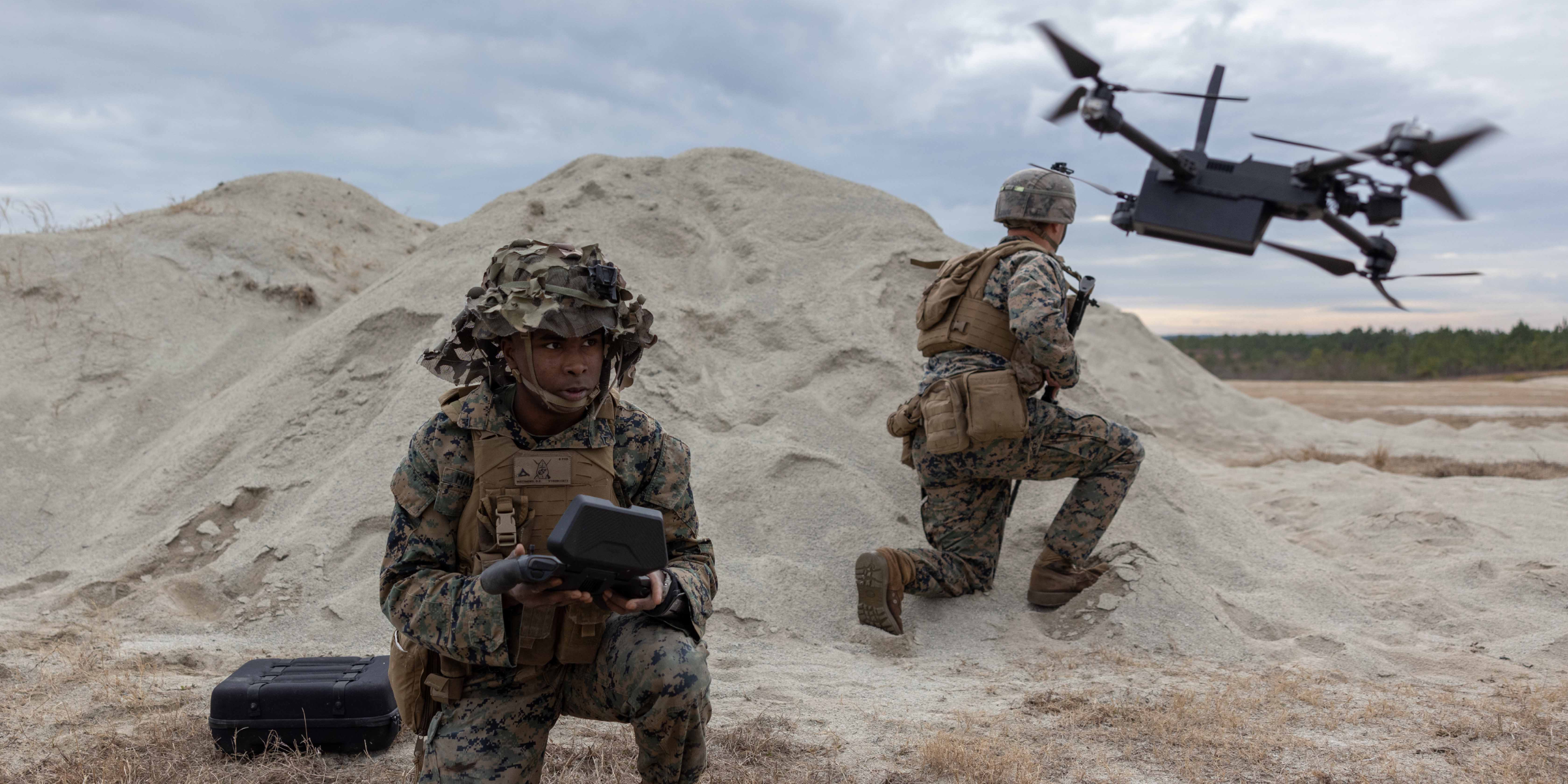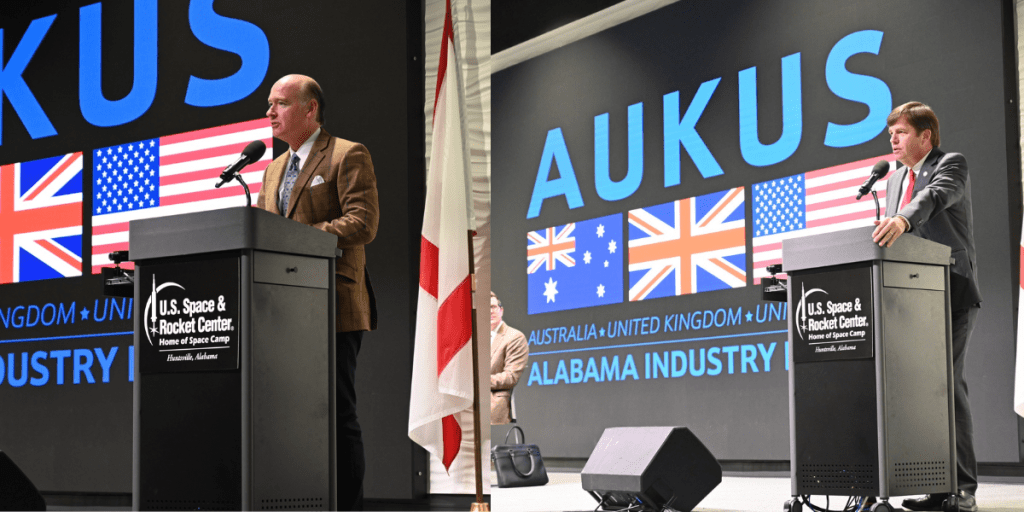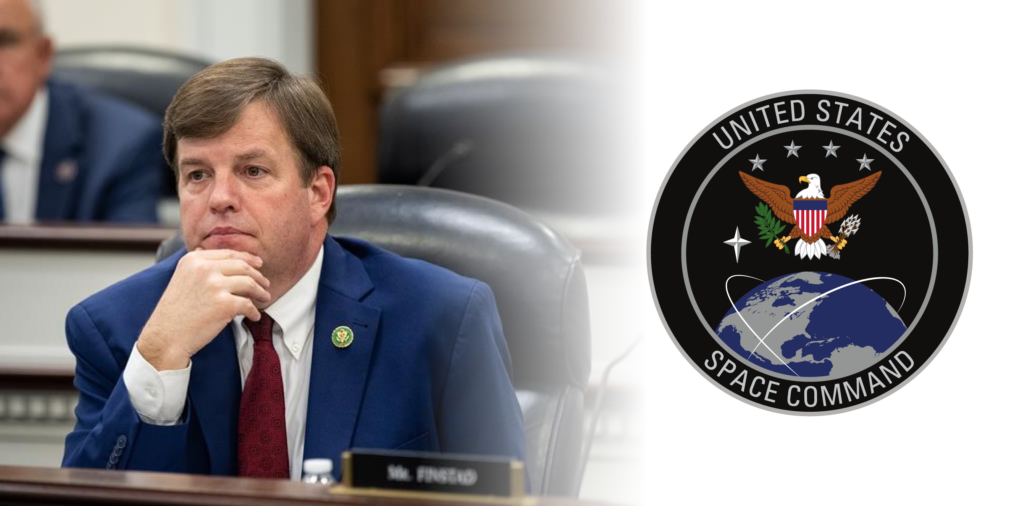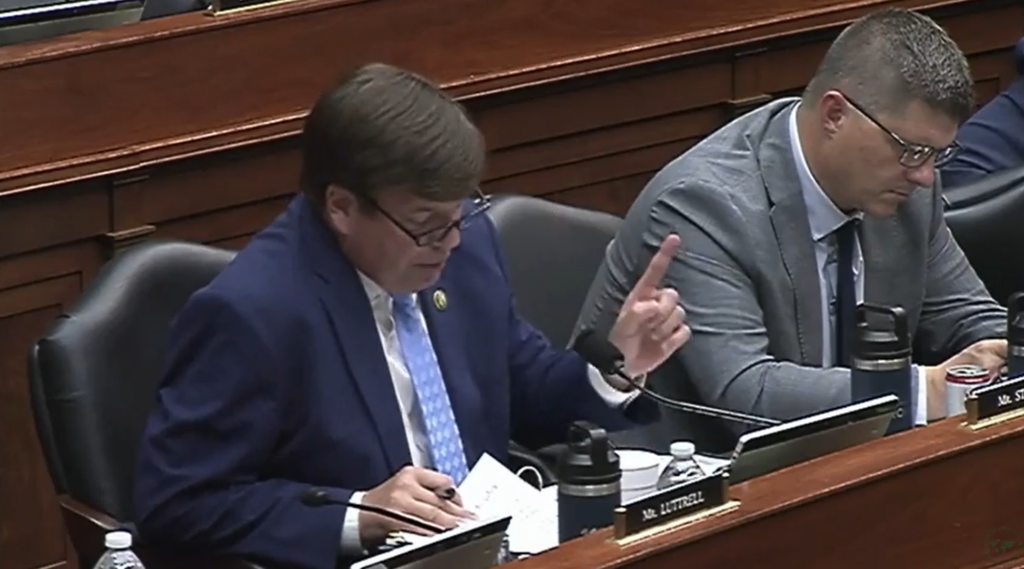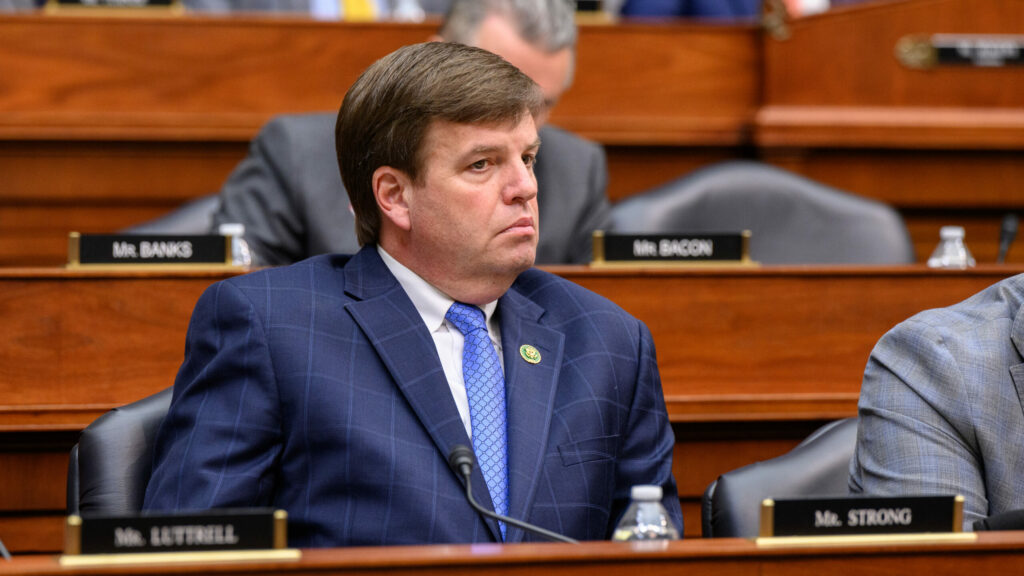This morning, the House of Representatives approved the 2024 National Defense Authorization Act (NDAA) in a 219-210 vote, largely split by party lines. The annual defense bill typically gets broad bipartisan backing.
However, this year, a wave of amendments from GOP members secured most of their support, leaving Democrats in opposition.
Rep. Dale Strong said he was proud to vote in favor of its final passage.
“The United States hosts the most lethal fighting force in the world,” Strong (R-Huntsville) said. “The servicemen and women who defend the values we hold dear are the best our nation has to offer. For my first NDAA, I stepped into this process with one goal in mind: fight to bolster national security.”
He highlighted the 5.2% pay raise for service members, combatting an increasingly aggressive China, and securing support for Redstone Arsenal among this year’s NDAA achievements.
RELATED: Redstone funding advances in spending bills
“Throughout the HASC committee markup and floor proceedings, I championed several policy changes, reporting requirements, and budget authorizations that if appropriated, could bring over $310 million directly to North Alabama and Redstone Arsenal,” Strong said.
The bill strengthens deterrence against adversaries through increasing funding for innovative technologies, as in artificial intelligence and high energy lasers. It also requires the Department of Defense to mitigate land purchases made by China-backed entities near military bases.
The 5.2% pay raise in basic pay marks the largest increase in 20 years.
“I want to congratulate my good friend, Representative Mike Rogers (R-Enterprise), on the passage of his first NDAA as the Armed Services Committee chairman,” Strong said. “Alabama and our nation’s warfighters owe him a debt of thanks for his hard work and dedication.”
RELATED: Strong: National security, North Alabama top priorities
Strong’s announcement also said the bill provides some $2 billion in top service chief and combatant commander priorities and establishes a “loser pays” pilot program for costs incurred from contract award protests denied by the Government Accountability Office.
“We fought off two separate attempts to delay the permanent basing decision announcement of U.S. Space Command, secured research and development funding authorizations that benefit small business and universities, have ensured the Department of Defense and the military services will stay on mission, addressed delays within the defense industrial base, and much more,” he said.
The bill now goes to the Senate then, likely, to a House-Senate conference committee for a final version to be signed by President Biden.
“We’re just getting started,” Strong said.


